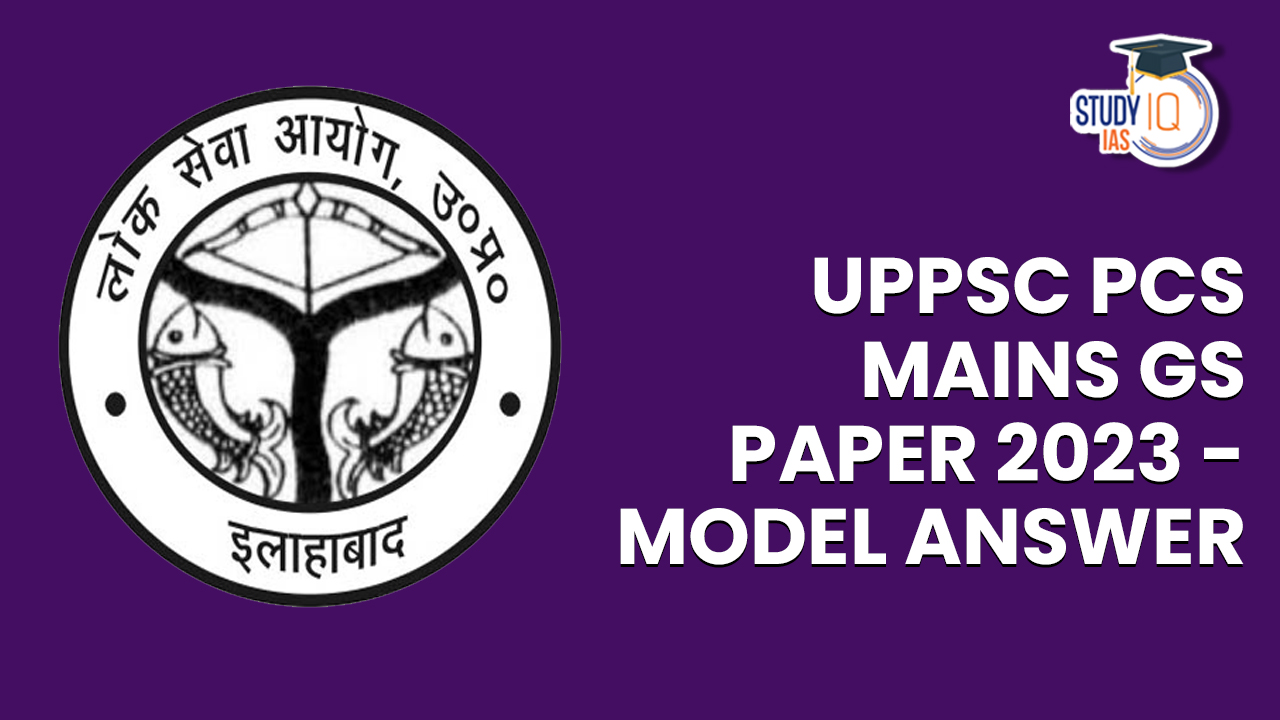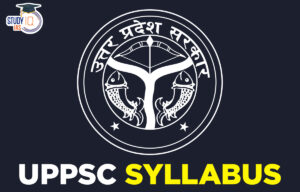Q20. What positive and negative changes occur due to the media revolution in India? Explain the role of the media in national and international security?
The media revolution in India, driven by technological advancements, has yielded both positive and negative changes.
Positive Changes:
- Information Accessibility: The revolution has democratised access to information, allowing people to readily obtain news and diverse perspectives.
- Increased Awareness: Citizens are more informed about national and global issues, fostering a well-informed citizenry.
- Empowerment and Accountability: Social media and citizen journalism empower individuals to report events and hold authorities accountable, promoting transparency.
- Global Reach: Indian media’s global reach enhances India’s influence and role on the international stage.
- Economic Growth: The media and entertainment industry contributes significantly to India’s economy, generating jobs and stimulating growth.
Negative Changes:
- Misinformation and Fake News: False information spreads rapidly, causing public panic, social unrest, and harm.
- Sensationalism: Some outlets prioritize sensationalism over objective reporting, leading to bias and sensationalized coverage.
- Privacy Concerns: Easier access to personal data raises privacy concerns, including data breaches and misuse.
- Polarisation: Media can deepen political and social divides by catering to specific ideologies, fostering echo chambers.
Role of Media in National and International Security:
National Security:
- Information Dissemination: Media conveys crucial information during crises, aiding public understanding and authorities’ communication.
- Monitoring Government: As a watchdog, the media scrutinises government actions and policies, promoting transparency.
- Counterterrorism: Media raises awareness, reports on terrorist activities, and cooperates with authorities to combat terrorism.
International Security:
- Global Reporting: Media covers international conflicts, diplomacy, and global security, informing the public about events affecting national security.
- Diplomatic Tool: Media serves as a diplomatic tool for countries to communicate foreign policy positions and influence international opinion.
- Conflict Resolution: In some cases, media promotes conflict resolution by highlighting human costs and peace efforts.
Balancing media freedom and security concerns is crucial. While a free media is vital for democracy and global understanding, it must adhere to ethical standards, avoid sensationalism, and accept responsibility for its reporting’s consequences. Media literacy and responsible journalism ensure media serves national and international security interests.
Check out the UPPSC Mains GS Paper 3 2023 Analysis with detailed expatiation of the topics of Mains GS Paper 3 By the Study IQ Experts


 UPPSC Application Form 2025 Today is Las...
UPPSC Application Form 2025 Today is Las...
 UPPSC Syllabus 2025 PDF, Check Prelims a...
UPPSC Syllabus 2025 PDF, Check Prelims a...
 UPPSC RO ARO Exam Center List: No Exam C...
UPPSC RO ARO Exam Center List: No Exam C...





















